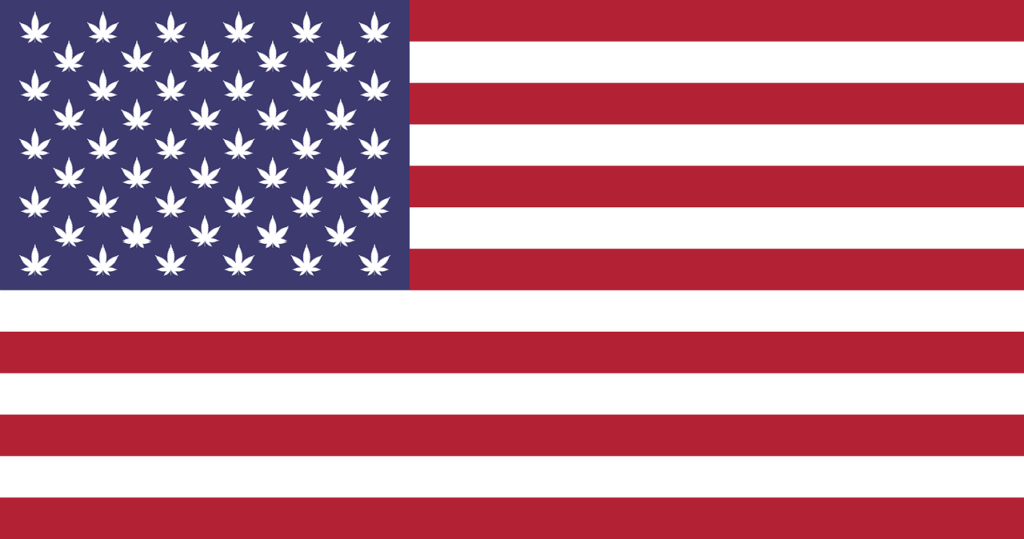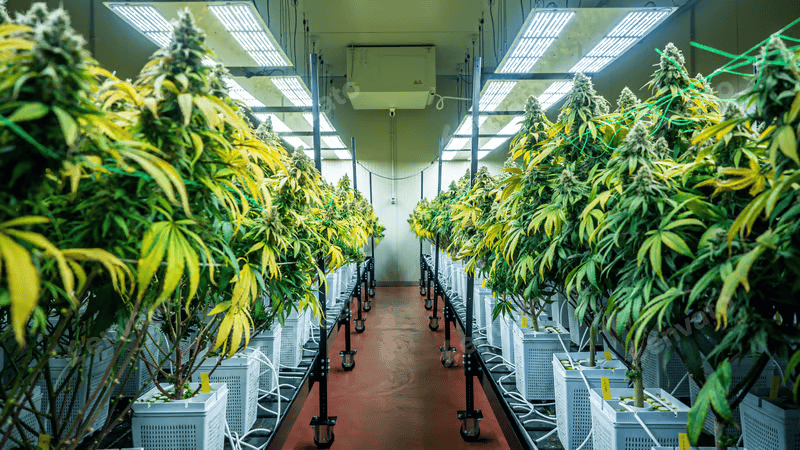MORE Act One Step Closer to Federally Legalizing Cannabis
The U.S. House of Representatives passed the Marijuana Opportunity Reinvestment and Expungement (MORE) Act, taking a historic step toward federal legalization of cannabis. The bill would:
- Remove cannabis from the federal Controlled Substances Act.
- Eliminate criminal penalties for possession, distribution, and manufacture.
- Provide opportunities for expungement of prior convictions.
- Impose a 5% federal sales tax on cannabis products, with revenues directed to community reinvestment.
The significance of the MORE Act goes beyond cannabis reform — it represents recognition of the failures of the War on Drugs. Communities, particularly Black and Brown populations, have been disproportionately harmed by decades of enforcement. By expunging records and investing tax revenues into these communities, the Act aims to repair some of that damage.
Although the bill passed the House, it still faces an uphill battle in the Senate. Many lawmakers remain opposed to legalization, while others push for comprehensive reform. Advocates argue that federal legalization would:
- Create jobs and economic growth.
- Improve patient access to medical cannabis.
- Allow research and standardization.
- Reduce criminal justice inequities.
Until full legalization is achieved, cannabis remains a state-by-state patchwork — legal in many states, but still federally prohibited, which creates barriers for banking, interstate commerce, and patients.
The MORE Act signals a major shift in public opinion and political momentum. With cannabis now mainstream, the question is no longer if federal legalization will happen, but when.

ADDITIONAL RECENT POSTS









